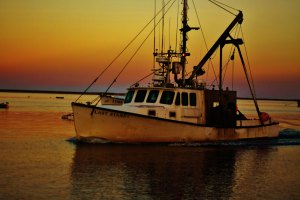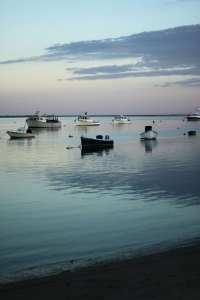
in for the night
I am from Cape Cod and still enjoy it but not as much as I truly would like, living in Watertown…
I grew up off of Queen anne rd. on a little dead-end street called Hillcrest Dr. #35 to be exact it was my Nana’s house and we lived there till I was 11 greatest years of my life just being able to enjoy being a kid. The beaches in the summer, the ball fields in the spring, the snow in the winter and the smell of apple pies in the fall bring me back to yesteryear and the joy of it all…
The Town of Harwich is a quiet resort and agricultural community located on the south side of the Cape peninsula, with an extensive shoreline on Nantucket Sound. The year-round population is approximately 12,677 with a seasonal increase to 37,000. Harwich encompasses 20.93 square miles of land area with 10.9 miles of tidal shoreline. It is located in the 10th Congressional District, the Plymouth, Cape and Islands State Senatorial District. With miles of rivers and marshes and a coastline of sandy beaches dotted with the town’s four (4) picturesque harbors, Harwich has the unique ability to provide every form of aquatic activity available: quiet canoeing through the great marshes of the Herring River, water skiing on Long Pond, deep sea fishing out of the harbors, fly fishing in several of the smaller ponds, or swimming and sunbathing on the sandy Nantucket Sound and Pleasant Bay beaches.
Harwich has many different types of scenic landscapes, which include; almost eleven (11) miles of tidal shoreline along Nantucket Sound and Pleasant Bay; four (4) harbors, where Round Cove is the only naturally occurring one and Wychmere, Allens, and Saquatucket were once pond and/or marsh areas, dredged out to the Sound to provide protection for sea vessels; many bogs which are scattered throughout Harwich providing scenic enjoyment and agricultural production; twenty-two (22) freshwater ponds and two (2) reservoirs; two (2) scenic river corridors: Herring River and Muddy Creek; and over 320 acres of forests, water, and wetland in the Bells Neck Road/Salt Marsh/Reservoir area.
HISTORY
Harwich was settled around 1665, and incorporated in 1694. Its early economy included agriculture and maritime industries and its history has included boom and bust cycles from the earliest days of the community.
The upper Cape towns of Sandwich, Barnstable and Yarmouth were incorporated by 1639. The ‘Pamet Lands’, including the outer Cape towns of Orleans, Eastham, Wellfleet, Truro, and Provincetown were purchased in 1644 and incorporated as Nauset in 1646. The territory in between these towns included Indian land and part of the land known as ‘Purchases or Old Comers Reserve’. John Wing appears to have been the first settler in this new territory in 1658 in what is now Brewster. In 1667, Indian Chief Sachemus gave John Mecoy a thirty-six (36) acre parcel of land in what is now Harwich Center. Gershom Hall, the first white man to reside in Harwich, settled on this land in 1668. By 1694, there were enough settlers in the territory to support a minister, this being a requirement for application for incorporation by the General Court of the Massachusetts Bay Colony. This large tract of land, the largest in Barnstable County, remained intact until 1772 when the southeastern part was set off to Eastham.
In 1775, when Separatists and Baptists outnumbered Orthodox Congregationalists, Harwich burghers felt independent enough to refuse to support a minister with public tax monies and they continued refusing to do so for 18 years. The town showed religious diversity from the first, including residents who are Baptists, Methodists, Reformed Methodists (anti-episcopal), Wesleyans and Catholics, among others. In 1803, after a bitter struggle, the north parish and south parish separated into the Towns of Brewster and Harwich.
When the whaling industry collapsed with the discovery of oil, the community’s emphasis shifted to cod fishing. By 1802, 15 to 20 ships were shore fishing and another four ships were cod fishing in Newfoundland and Labrador, and by 1851, there were 48 ships employing 577 men and bringing in thousands of tons of cod and mackerel. The eventual decline of the fishing industry in Harwich by the latter part of the 19th century was caused by increases in the size of ships which eventually outstripped the shallow port’s ability to house them. Residents turned to the development of cranberry bogs and resorts for summer visitors, working side-by-side with Portuguese immigrants. The first resort hotel opened in 1880 and both the cranberry and the tourist industries remain substantial parts of Harwich’s economy in the present.
For more information about the history of Harwich, please visit the Harwich Historical Society at Brooks Academy Museum.

peaceful



